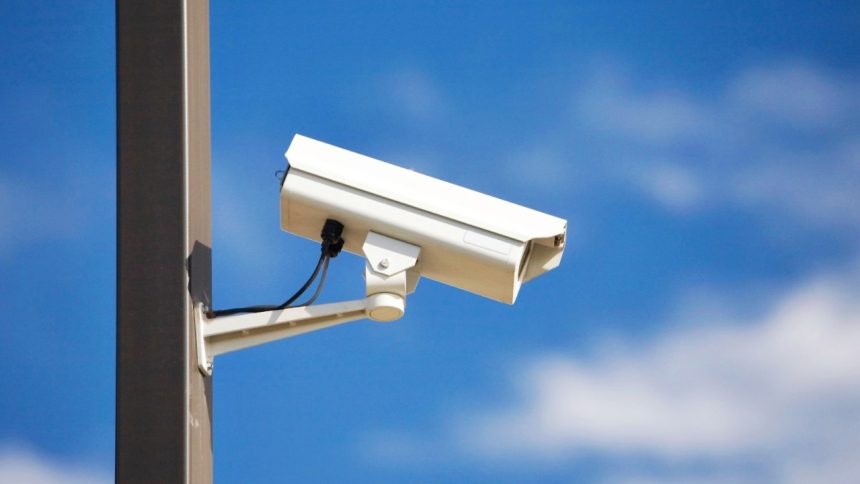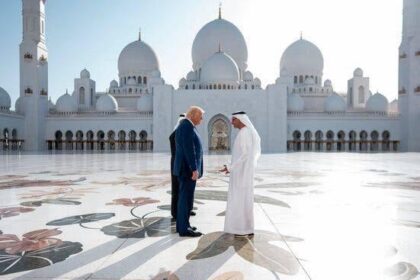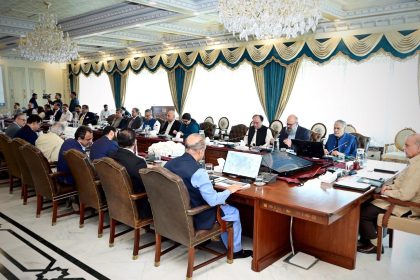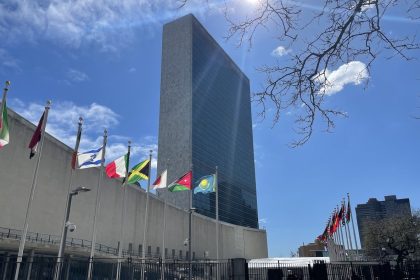This is with reference to your recent editorial, ‘Public surveillance in Pakistan without formulation of proper rules,’ which indeed is a critical issue of national security versus individual privacy. As a public policy graduate, I fully support the editorial’s stance on safeguarding the citizens’ privacy rights, and at the same time acknowledging the government’s duty to ensure national security. I must say that the government’s recent decision to give security agencies a free hand to tap phone calls raises significant concerns, even when the intentions are good.
While national security is of paramount importance, nothing could justify compromising citizens’ privacy to achieve it. We have seen such powers being misused in the past, in the form of audio leaks, which underscores the potential for abuse. Such a thing completely goes against public interest. Besides that, the editorial rightly questions the effectiveness of such steps in guaranteeing peace. One needs to understand that modern communication tools are integral to daily life, so instead of bringing about stability, controlling them will lead to greater societal unrest.
This new policy’s infringement on constitutional rights, especially the right to privacy, sets a dangerous precedent. Stakeholders and policymakers need to sit together to work out a more balanced approach to safeguard our borders without compromising fundamental freedoms. Allowing security officials to monitor activities without clear rules or consequences for misuse opens the door to potential abuses of power. We have already witnessed people complaining of threats, blackmailing and the undermining of civil liberties, and these issues must be addressed immediately.
Another thing that I enjoyed reading, and can relate to, in the editorial was the double standards in accountability. While the new ‘security measures’ aim at catching criminals, they often exempt those in powerful institutions from scrutiny. Ensuring across-the-board accountability is vital for maintaining the rule of law and public confidence in governmental institutions. Also, we have seen the establishment’s influence over public policy, and the government’s tendency to give into such pressures. This undermines democratic principles and the protection of citizens’ rights.
The Lahore High Court’s intervention is a good omen, suggesting that some people are still out there, advocating for constitutional adherence and civil liberties. In the end, I would say that the government must revisit its surveillance policies with a focus on transparency, accountability, and respect for privacy rights. The balance between ‘national’ security and individual freedoms is a delicate one, and it is important that any measure taken doesn’t harm the very democratic values it aims to protect.












